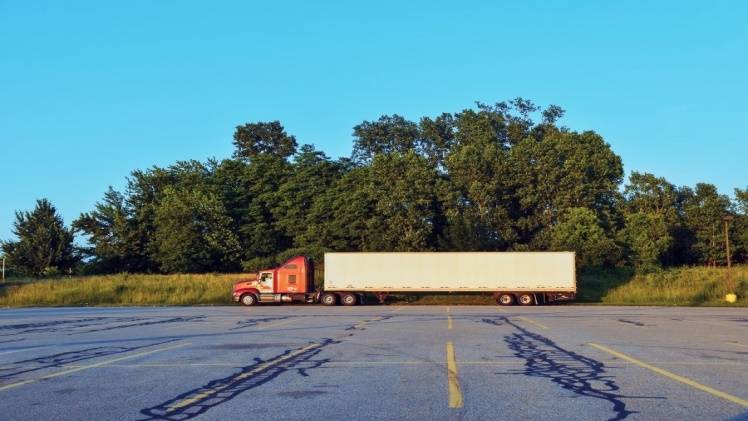
If you’ve been involved in an 18-wheeler accident, it’s important to understand the role of trucking regulations in your case. Trucking regulations are designed to promote safety on the roads and prevent accidents, but unfortunately, they are not always followed. In these cases, an experienced 18-wheeler accident attorney can help you navigate the complex legal landscape and hold negligent parties accountable. In this blog post, we’ll take a closer look at the role of trucking regulations in 18-wheeler accident cases and how they can impact your claim.
What are trucking regulations?
Trucking regulations are a set of rules and guidelines that govern the operation of commercial trucks, including 18-wheelers. These regulations are designed to ensure safety on the roads and prevent accidents, and they cover a wide range of areas, from driver qualifications to vehicle maintenance to hours of service. Understanding trucking regulations is crucial in 18-wheeler accident cases, as they can help establish liability and demonstrate negligence on the part of the responsible parties.
Why are trucking regulations important in 18-wheeler accident cases?
Trucking regulations are important in 18-wheeler accident cases because they can help determine the cause of the accident and establish liability. When a truck driver or trucking company violates a regulation, it can demonstrate negligence and potentially increase the amount of compensation that a victim can recover. Understanding trucking regulations is essential in building a strong case.
How do trucking regulations impact accident investigations?
Trucking regulations play a critical role in accident investigations involving 18-wheelers. Investigators will examine whether the truck driver or trucking company was in compliance with relevant regulations at the time of the accident. A violation of regulation can demonstrate negligence and help establish liability for the accident.
Common violations of trucking regulations in 18-wheeler accidents
Here are some common violations of trucking regulations in 18-wheeler accidents:
- Hours-of-service violations, such as exceeding the maximum driving time or failing to take required breaks
- Overloaded or improperly secured cargo
- Failure to properly maintain the vehicle or perform required inspections
- Driving under the influence of drugs or alcohol
- Hiring unqualified drivers or failing to properly train drivers
- Distracted driving, such as texting while driving or using a handheld device
- Violations of weight limits or other vehicle safety requirements
- Failure to comply with hazardous materials regulations.
These are just a few examples of the many ways that trucking regulations can be violated in 18-wheeler accidents. A skilled 18-wheeler accident attorney can help identify any violations and use them to strengthen your case.
Consulting with an experienced 18-wheeler accident attorney is crucial in navigating the complex legal landscape and maximizing your chances of a successful claim.




